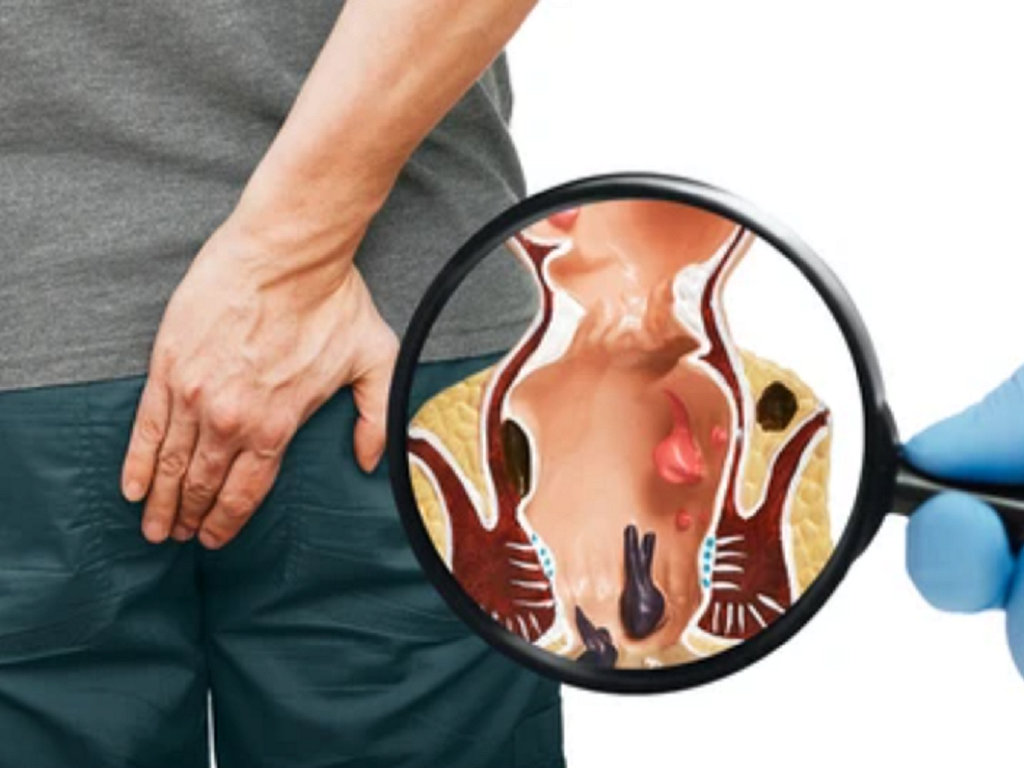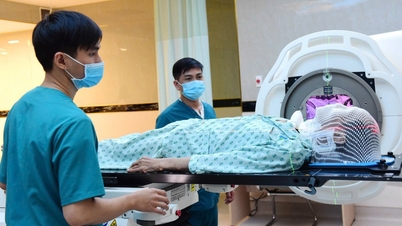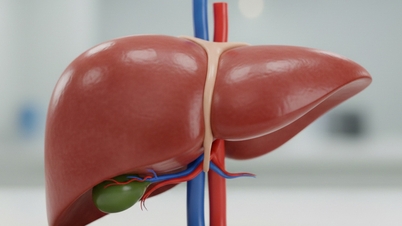There are many factors that increase the risk of hemorrhoids, such as prolonged constipation, pregnancy or obesity. There are two types of hemorrhoids: internal hemorrhoids and external hemorrhoids, according to the health page of Medical News Today (UK).

Hemorrhoids will cause pain and discomfort in the anus.
Internal hemorrhoids occur inside the rectum and are usually painless and do not cause discomfort. However, external hemorrhoids occur outside the anus and can cause itching, pain, swelling, and bleeding. Symptoms of hemorrhoids vary depending on the type and severity.
Hemorrhoids may have early warning signs including:
Changes in the intestines
One of the early signs of hemorrhoids is a change in bowel and bowel habits, such as diarrhea or constipation. These changes can be caused by a variety of factors, from a low-fiber diet to pregnancy.
When these signs persist, the sufferer should monitor whether any other symptoms of hemorrhoids appear. In addition, it should be noted that the above signs in the intestines and bowel habits can also be symptoms of other health problems. Therefore, the best way is to consult a doctor.
Pain and discomfort in the anal area
Another early sign of hemorrhoids is pain and discomfort in the anus. In addition, the patient may experience itching, irritation and swelling around the anus.
In this case, the patient should monitor the symptoms and see a doctor if they persist or become more severe. These symptoms may be due to hemorrhoids but can also be due to other health problems such as infection or anal fissure.
Rectal bleeding
Rectal bleeding is a common symptom of hemorrhoids. Patients will see a small amount of bright red blood on toilet paper, in the stool or in the toilet bowl after a bowel movement. However, in some cases, this bleeding can be due to inflammatory bowel disease or colon cancer.
There are many options for treating hemorrhoids, such as eating a high-fiber diet combined with drinking enough water, avoiding sitting for hours at a time or standing for too long. Some over-the-counter medications such as topical creams or ointments can help relieve symptoms. In severe cases, surgical intervention is necessary, according to Medical News Today .
Source link































![[Photo] National Assembly Chairman Tran Thanh Man attends the VinFuture 2025 Award Ceremony](/_next/image?url=https%3A%2F%2Fvphoto.vietnam.vn%2Fthumb%2F1200x675%2Fvietnam%2Fresource%2FIMAGE%2F2025%2F12%2F05%2F1764951162416_2628509768338816493-6995-jpg.webp&w=3840&q=75)






































































Comment (0)